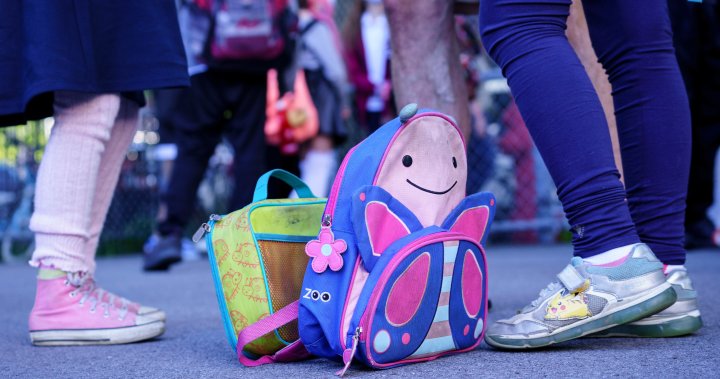
Inequality has wide-ranging impacts on Montreal children’s health, report finds
Global News
The findings include a number of recommendations, including more social and affordable housing as well as financial subsidies for low-income families.
A new public health report says economic inequality has wide-ranging effects on Montreal children’s health and development, affecting everything from high school graduation rates to screen time.
The report released Monday by Montreal’s public health department found that the city’s 12-and-under population is doing well as a whole, but that there are “significant inequalities” depending on where they live and their socioeconomic status.
“We continue to observe important socioeconomic and territorial disparities,” it reads.
Researchers concluded that 67 per cent of kindergarten children living in a disadvantaged environment were considered not very active or not active at all, compared with 55 per cent for their better-off peers.
Twenty-three per cent of disadvantaged kindergarten children reportedly spent more than two hours a day looking at screens, compared with 12 per cent for those in the more “advantaged” group. Excessive screen use “is associated with various health problems in children including sleep disorders, concentration difficulties, musculoskeletal disorders and developmental risks,” the report says.
Only 67 per cent of disadvantaged teens graduated high school, compared with 89 per cent of those from better-off environments.
The report notes that a 2022 study on kindergarten students found that some groups were at higher risk of “developmental vulnerability” tied to inequality, including children from disadvantaged backgrounds, those born outside of Canada, and those for whom French is not their first language.
“Other subgroups of students also have specific health and education needs that must be taken into account in our interventions: students needing special support and boys,” the report reads.











